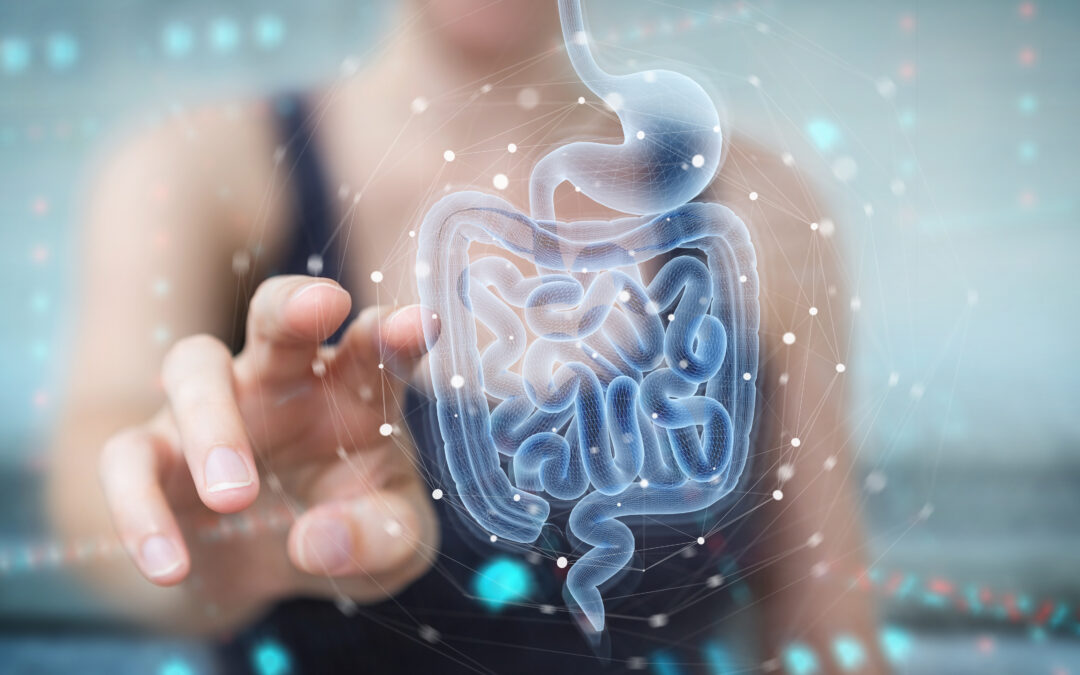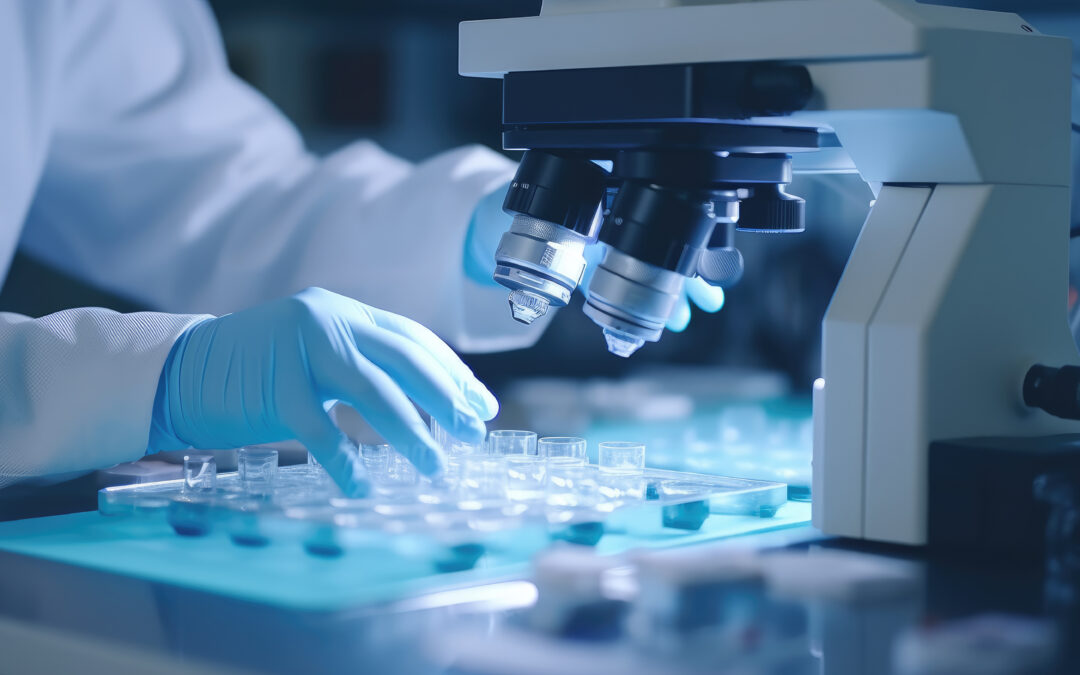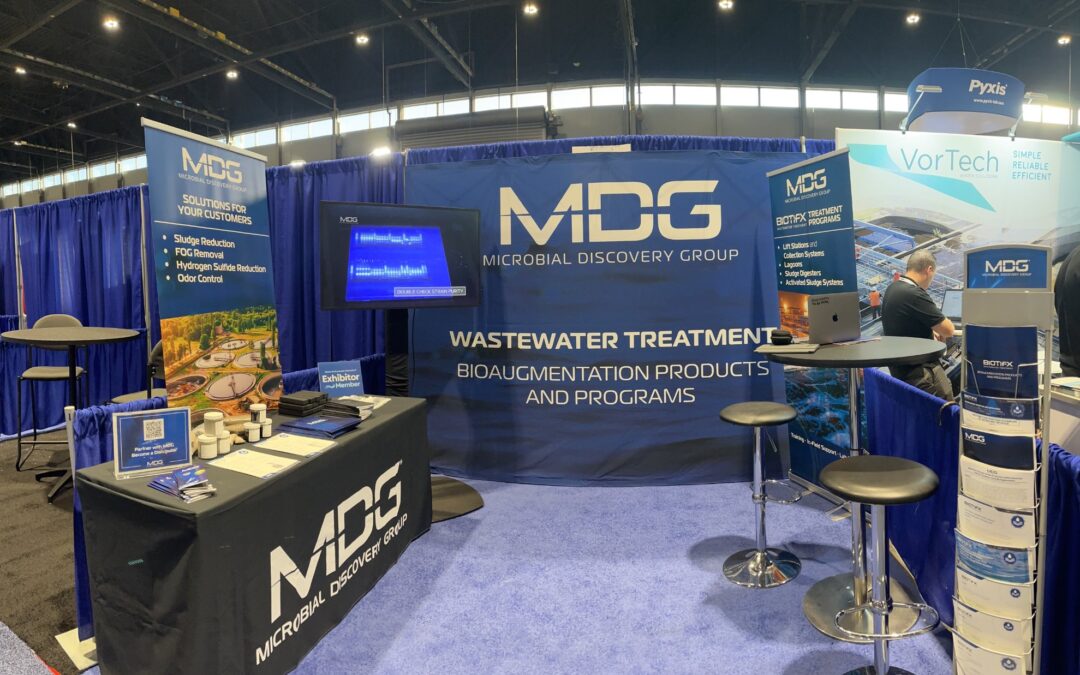With more people staying home as we work to flatten the curve of COVID-19, residential plumbing systems are taking a bit of a beating. Our home plumbing, neighborhood collection systems, and large municipal sewer systems were probably not built for so many people being home at once. Do yourself and your neighbors a favor and think before you flush.
So, what on the plumbing blacklist? As a rule of thumb, if it doesn’t dissolve (and stay dissolved) in water, it doesn’t belong in your toilet or down your drain. The list goes on and on, but to name a few…
- Rags, newspaper, shop towels, and paper towels. We know the toilet paper shortage will likely increase the temptation to flush these down the toilet.
- Grease. With eating out being less of an option, we’re cooking more meals at home. Restaurants have built-in grease traps that collect any grease that might go down the drain, but residential kitchens aren’t built this way. Please think twice before pouring liquid grease down your sink (or even your toilet). It will harden into a solid somewhere down the line, either within your drainpipes, septic system, or at the lift station – causing headaches for more than just you.
- Diapers, baby wipes, sanitary wipes, make up wipes, sanitary napkins, and tampons. Without going into too much detail here, products like these that are designed to absorb liquid definitely do not dissolve in water. Please leave them out of your toilets.
- Cotton balls, swabs/Q-tips, and dental floss. These normal hygiene items should also be reserved for the garbage. Dental floss can be particularly damaging as it can form nets that entrap sewage and create blockages.
- Pet supplies and pet waste. Don’t dump your kitty litter or even dried up waste from the cat box. It will lodge and plug before it can absorb enough water to breakdown.
- Food, gum, and cigarette butts. Reserve food waste for your garbage disposal or trash bin. As for your gum and cigarette butts, those really won’t break down, so best to keep them out, too.
- Other. Hair, condoms, and other things also won’t breakdown or dissolve in the sewer systems.
- Honorable Mentions for COVID-19
- Bleach. A lot of folks are using bleach right now to disinfect surfaces. If you have a septic system that relies on biology to breakdown your raw sewage solids, using too much bleach will negatively affect this process.
- Face Masks. This may seem like a no-brainer but keep these out of your toilets.
Being mindful of what can and cannot be flushed down the drain is the first step towards sewage system success. For extra support, bioaugmentation products do a great job of breaking down solids and grease to keep these systems flowing without backups. Drop us a message if you’re interested in learning more about our complete line of products and services for the wastewater treatment industry.









